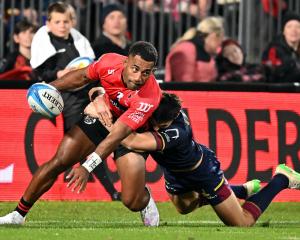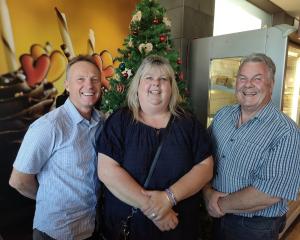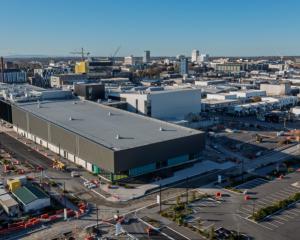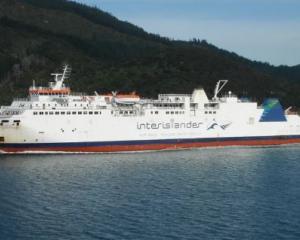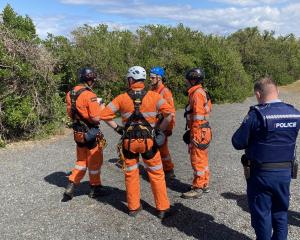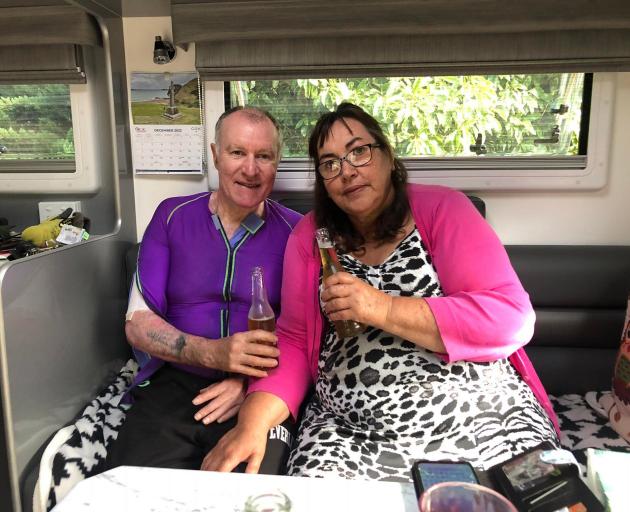
Kevin Burney, 61, this month marked one year since the accident, which resulted in burns to 70 per cent of his body.
While he is happy with how he has healed, he is frustrated and angry two consecutive surgeries planned at Christchurch Hospital have been delayed.
The two surgeries will follow several skin graft operations Burney had prior to returning home from hospital in July last year.
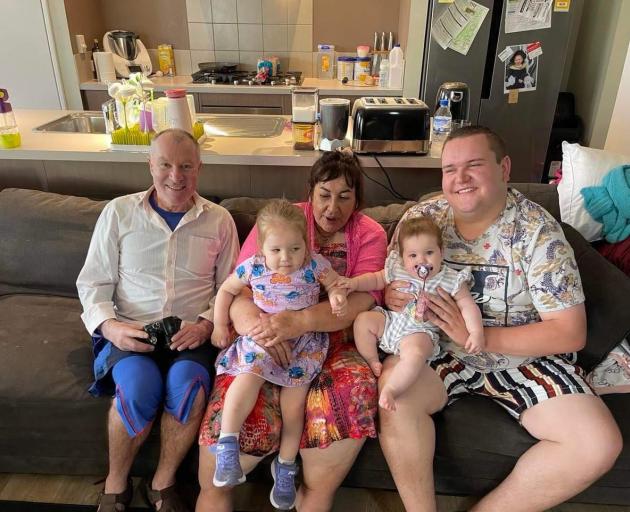
Until he has these surgeries, Burney can not lift his arms above his head and needs help with basic tasks such as getting dressed, combing his hair and shaving.
He also can not return to his job as a printer in the city.
“It’s a bit disappointing, because you really want to get this over with and get on with your life,” Burney, who lives in Darfield, said.
“I would have been back to work about now, but because of that delay it’s going to be August or something like that.”

He had worked there for more than 30 years, and wanted to stay in order to retain financial security for himself and wife Amanda leading into retirement.
“If I don’t go back to work, it would impact our future, it would not be as secure,” Burney said.
“I have no intention of retiring, I have always been active and work is a big part of my life.”
Burney said when told his surgery was being delayed, there had been no specific reason given. He and wife Amanda suspected it was due to hospital workforce shortages, as had been reported in the media.
Te Whatu Ora Waitaha confirmed theatre capacity in Canterbury is reduced to match the anaesthetic technician workforce, with initiatives to solve this not expected until the end of this month.
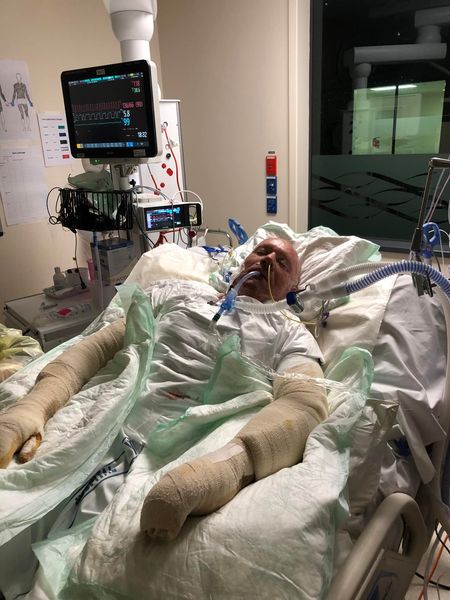
“Surgeons in Christchurch are having to prioritise patients waiting for surgery every day, with only the most urgent cases going ahead and some patients have had to be deferred at short notice,” the spokesperson said.
Burney suffered burns to 70 per cent of his body when a metal drum he was using a grinder on in his driveway exploded in flames on April 2, last year. He was rushed to Christchurch in a critical condition, and airlifted to Middlemore Hospital in Auckland.
The first four weeks were in intensive care, where doctors said they had not seen burns as severe since those they treated from the deadly White Island eruption. They did not know whether Burney would survive as he battled for his life. One of his lungs collapsed, he suffered an infection and his heart stopped during surgery.
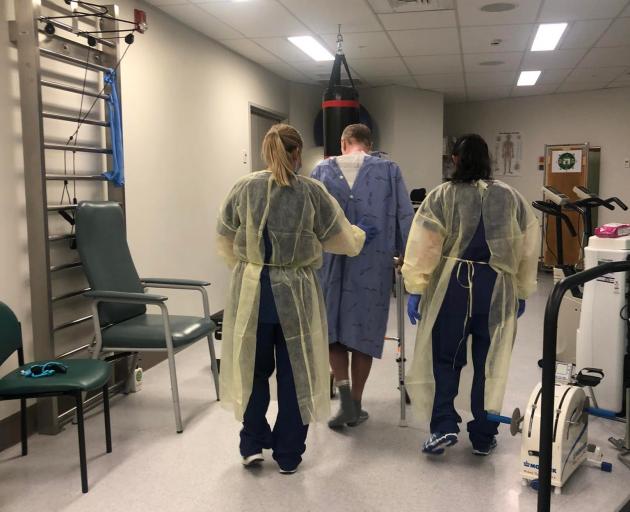
He spent eight weeks in the burns unit, undergoing several skin graft surgeries. The surgeries were nine-hour marathons involving three surgeons, where skin was taken from unburned areas of his tummy and buttocks, to be grafted onto the burned areas
of his torso, arms, hands, and the front and back of his thighs.
When he returned home, he had to wear a compression suit, and dressings covered his back, chest and arms. Now his skin has mostly healed, with just two dressings remaining on his upper arms.
Burney said he and Amanda were enjoying life, having taken a family trip to Australia in November and a couple of weekend vacations in their caravan. He had also got back into his passion of running, having done some “light jogging” near his home.
Overall he and Amanda felt positive about his recovery, which was being aided by district nurse visits three times a week to reapply dressings, and a physiotherapist visiting twice a week.
“I’m fine, I have got a good team of support that come around, and work with me.”



